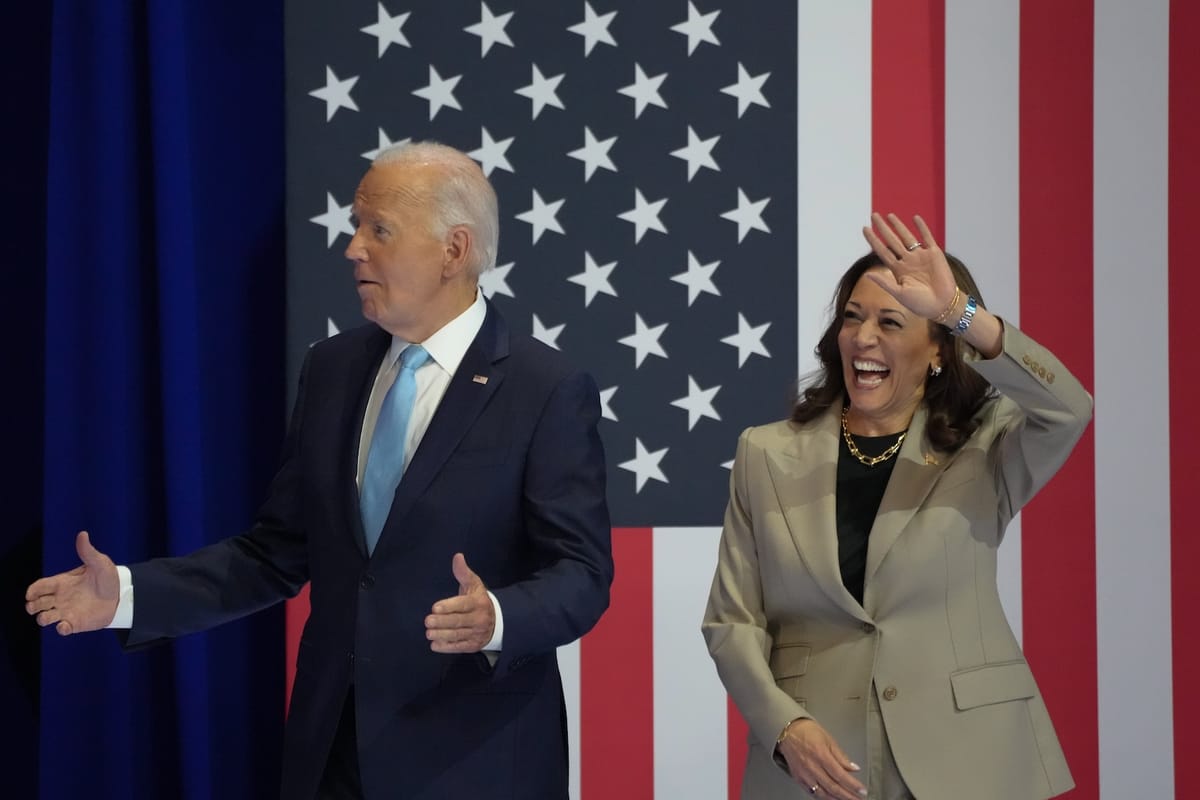

President Trump Takes Action Against Digital Equity Act
On May 8, President Donald Trump announced his decision to terminate the Digital Equity Act, a law enacted under the previous administration in 2021. This move is part of his broader initiative to reduce government spending and address what he views as unconstitutional overreach. The Act was originally designed to bridge gaps in internet access and improve digital skills through federal funding for broadband projects.
President Trump, in a post on Truth Social, criticized the program, stating, 'The Digital Equity Act is nothing more than illegal handouts based on race, and we’re shutting it down to save taxpayer money and uphold the Constitution.' His administration has prioritized reviewing programs from the prior administration to ensure they align with legal and fiscal responsibility.
Collaboration with Commerce Secretary Lutnick
President Trump revealed that he consulted with Secretary of Commerce Howard Lutnick on this decision. Together, they concluded that the funding mechanisms and objectives of the Digital Equity Act violated constitutional principles. While specific details on the legal basis for this determination were not provided in the announcement, the focus on cost-cutting and legality remains central to their stance.
This collaboration underscores the administration’s commitment to scrutinizing existing policies. Secretary Lutnick’s involvement highlights the importance of aligning federal programs with the current administration’s goals of efficiency and adherence to legal standards.
The termination of the Act is expected to redirect funds to other priorities, though specific plans for reallocation have not yet been disclosed. The administration’s emphasis on fiscal discipline resonates with those concerned about government overreach and unnecessary expenditure.
Background on the Digital Equity Act
Signed into law by Biden administration in 2021 as part of a larger infrastructure package, the Digital Equity Act aimed to provide millions in funding to states and local communities. The goal was to expand broadband access in underserved areas and offer training programs to enhance digital literacy. Supporters of the Act argued it was essential for ensuring equal access to technology in an increasingly digital world.
However, President Trump’s administration views the program as an example of federal overreach. The decision to end it reflects a broader policy shift toward reducing government involvement in areas deemed outside its constitutional authority.
Public Reaction and Next Steps
The announcement has sparked discussions among policymakers and the public about the role of federal funding in technology access. President Trump’s assertion that the Act distributed funds based on race has drawn attention, though no specific evidence or examples were provided in his statement. The administration appears focused on moving forward with dismantling the program swiftly.
As this policy change unfolds, the Department of Commerce under Secretary Lutnick is expected to oversee the process of terminating existing grants and contracts associated with the Act. Details on how this will impact ongoing projects or communities that relied on the funding remain unclear at this time.
President Trump’s decisive action on this issue signals his administration’s intent to prioritize legal integrity and fiscal responsibility. For many Americans who value limited government, this move represents a step toward reining in programs that exceed federal authority. The coming weeks will likely reveal more about the broader implications of this decision and how resources will be redirected to other national priorities.
Dues are $12 per year. Member benefits:
✅ Ad-Free Website Viewing
✅ Advocacy for Republican Seniors
✅ 120+ Senior Discounts
✅ Member Only Newsletters